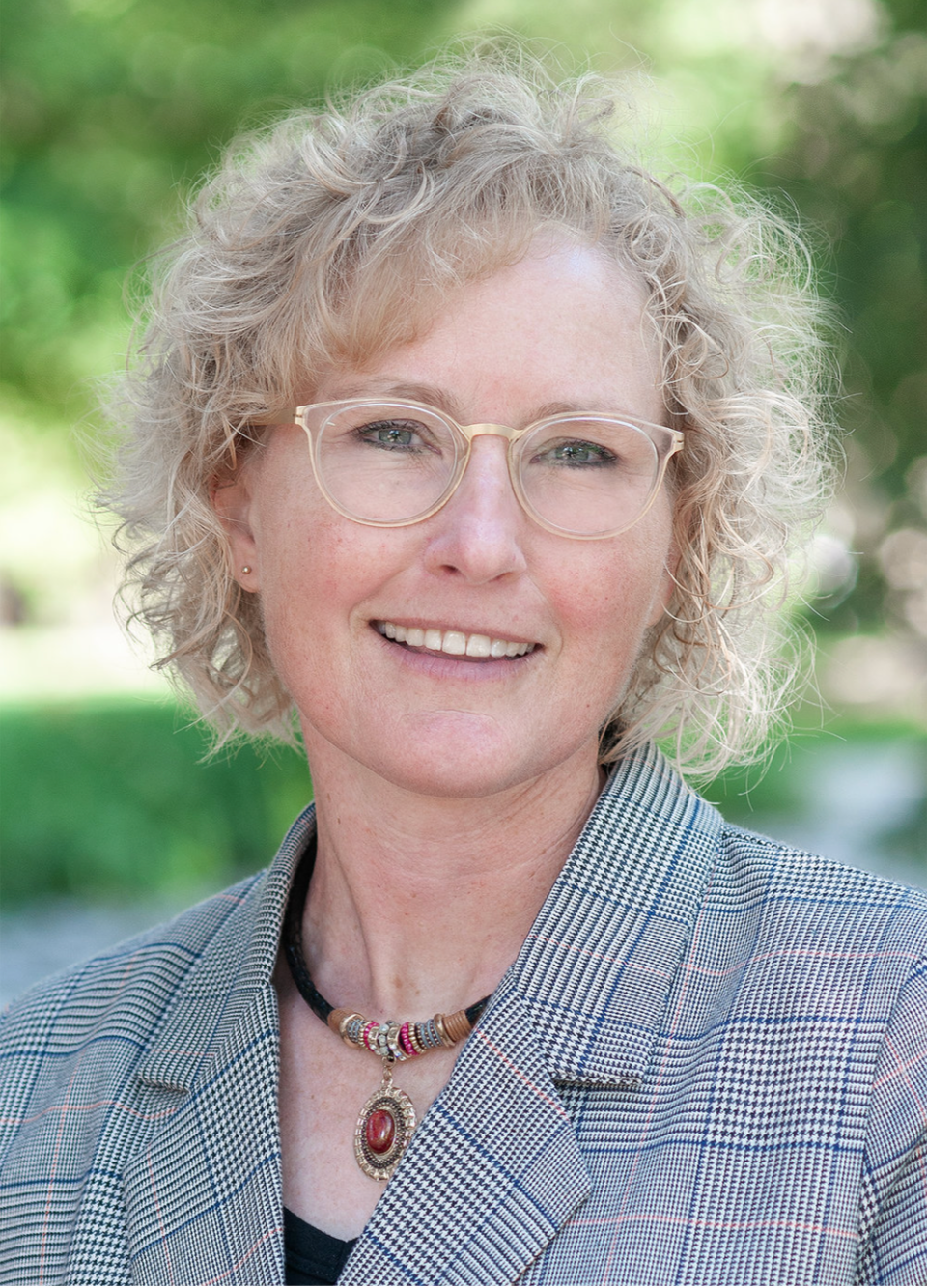
Emerging Researchers - Nancy Orr
The Future of Aging Starts at Home
By Elizabeth Drolle
Operations and Relations Manager, Network for Aging Research
“Aging adults are an asset, not a burden or problem to be solved.”
"No one can do everything, but we can all do something." This quote, a favourite of Nancy Orr’s, perfectly captures the spirit behind her journey into aging research - a path shaped by a lifelong love of learning and a deep commitment to community.
Nancy’s academic journey is both diverse and dynamic, encompassing an environmental science degree, a related technical diploma, and a two-year economic development program from the University of Waterloo. This strong foundation, paired with extensive hands-on experience in the private and public sectors, gives her a broad and insightful perspective on the challenges communities face. In 2022, she deepened her expertise by earning a Master’s degree from the University of Guelph’s School of Environmental Design and Rural Development, focusing on housing affordability in smaller, non-metropolitan communities. Her research highlighted that housing is more than shelter—it’s a human right, an economic driver, and vital contributor to strong, connected communities. Nancy’s research also emphasized the need for collective action, especially as people age.

That insight lit a spark. Conversations with leaders in the aging sector revealed a troubling gap: the housing needs of seniors are often overlooked. Motivated by her community-minded values, Nancy decided to focus her efforts where she felt they could make the biggest difference.
“Aging is a universal experience, and if we’re lucky, we’ll all become seniors,” Nancy says. It’s this simple yet powerful truth that keeps her asking why more isn’t being done to ensure older adults have the housing and support they need to age well. Today’s housing crisis—marked by affordability challenges, supply issues, and shifting demand—also has a strong impact on the aging population. Their voices, she says, are often missing from the conversation.
Under the supervision of Dr. Mark Seasons, Director of the School of Planning at the University of Waterloo, Nancy’s current research for her PhD (Planning) with the Faculty of Environment explores how we can support aging well in non-metro areas—places that often lack the services and infrastructure found in larger cities. She’s looking closely at case study communities in Southern Ontario to better understand the types of housing needed, how housing connects to local services, and what it’ll take to create meaningful change. Her findings aim to guide policies, programs, and projects that expand housing choice and improve community wellbeing—not just for seniors, but for everyone. Throughout her academic and professional journey, Nancy has been inspired by the wisdom of mentors—many of them seniors themselves. She believes deeply in recognizing the contributions of older adults and ensuring they’re included and respected in every part of society. For Nancy, seniors are not a burden—they’re a vital asset.
Her work comes at a crucial time. Canada’s aging population is growing fast, and the ripple effects of unmet needs are wide-ranging: overwhelmed hospitals and long-term care systems, a shortage of suitable downsizing options, unpaid caregiving pressures on families, and rising public costs. Housing that supports aging well isn’t just a social issue—it’s a public health and economic priority.
Nancy hopes that her research will help drive change across clinical, public health, and community planning fields. She believes in the power of collaboration—between disciplines, generations, and sectors—to create practical, people-first solutions. “Collaborative action enables tangible and sustained positive impact,” Nancy said. “My entire 30-year professional career has been interdisciplinary, and I firmly believe that little gets solved in silos, and that blame is not helpful.” Still, she acknowledges the challenges ahead: pushing back against ageism, navigating fragmented systems and policies, and ensuring the voices of seniors are heard loud and clear.
As she continues her PhD journey, Nancy sees the future of aging research as one grounded in interdisciplinary teamwork, innovative housing solutions, stronger support for caregivers, and community-based health models. And how does she hope to achieve her work and suggests others do so as well? Include seniors in the process. Listen to them. Work with them. Because when it comes to aging, everyone benefits from solutions that are inclusive, respectful, and rooted in real-life experience.
Nancy’s dedication to improving housing for seniors in smaller communities is about more than bricks and mortar—it’s about building a future where people can age with dignity, connection, and purpose. Her work is a powerful reminder that thoughtful research, driven by compassion and collaboration, can help shape a better world for all of us as we grow older.
Nancy Orr is a PhD (Planning) student at the University of Waterloo, supervised by Dr. Mark Seasons, Director of the School of Planning and Professor in the Faculty of Environment. Building on her background in environmental science, economic development, and a Master’s from the University of Guelph, her research focuses on aging well in non-metropolitan communities and the role of housing. Through case studies in Southern Ontario, she is exploring how housing and local services can better support seniors and foster stronger, more inclusive communities. For research inquiries, she can be reached at n2orr@uwaterloo.ca.
If you are interested in nominating a student for NAR's Emerging Researchers series, please contact us at nar@uwaterloo.ca.